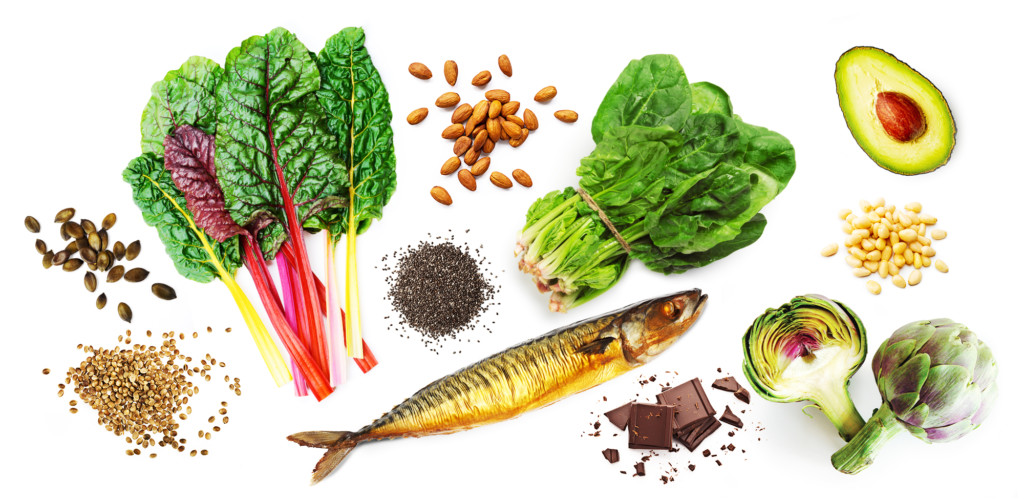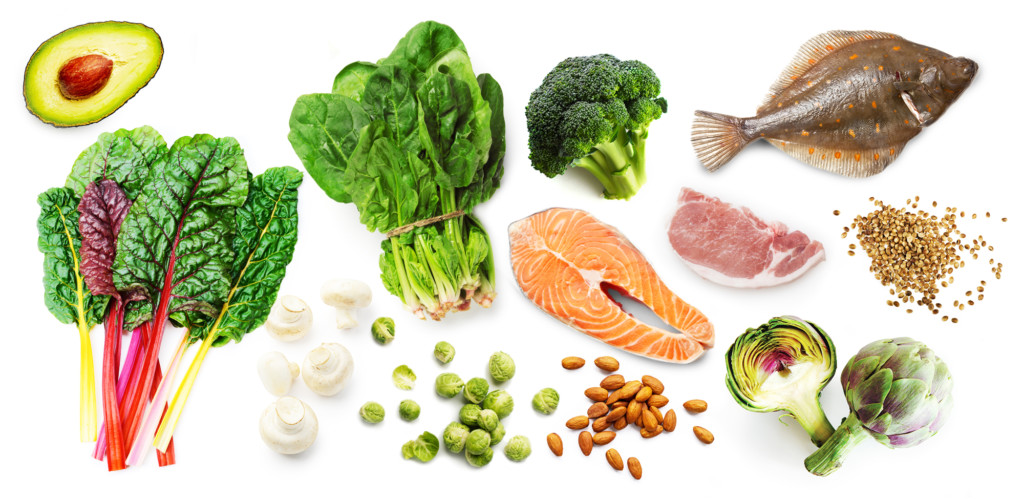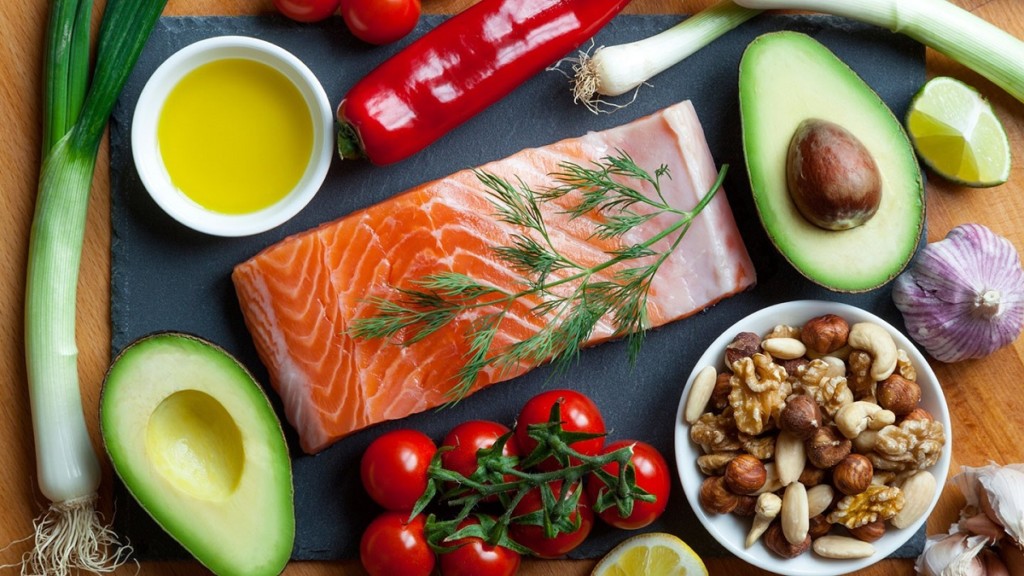When starting a low-carb dietor even a ketogenic diet with less than 50 grams of carbohydrates we generally go through a phase of general fatigue. This fatigue, which generally lasts from a few days to several weeks, is a kind of adaptation phase for the body.
However, we must not confuse this fatigue, which is supposed to be temporary, with generalized fatigue that lasts over time and may be linked to increased deficiency of various electrolytes that are absolutely essentialeven more so in the context of a low-carb diet.
As it happens, in ketogenic diet in particular, and in low-carb high-fat dietIn this case, our body is exposed to certain deficiencies.
The 3 electrolytes to watch out for on a low-carb diet
We've already explained the benefits of each mineral salt as part of a low-carb foodor ketogenicand this article is thus a concise summary of all that has been said previously in the Blooness guide.
- the magnesiumbecause it plays a key role in metabolism, a fortiori in ketogenic diet ;
- the potassiumbecause we lose a lot by ketogenic diet and low-carb ;
- the sodiumfor the same reason as potassium ;
How much magnesium, potassium and sodium does the ketogenic or low-carb diet contain?
Magnesium dosage
Concerning the magnesiumit is recommended to supplement with a intake of approximately 400mg per dayThis is safe for people with no kidney problems. Ideally, the tablet should be taken with a meal.
This content is part of the guide Blooness, the guide to the ideal human diet, the summary of which you can find here 🌱🥑

We also recommend mackerel, cooked spinach, avocados, dark chocolate, cabbage, arugula, vegetables and fruit. vegetables which are both rich in magnesiumand "keto-compatible".
Find out more about the importance of magnesium in low-carb diets.
Potassium dosage
With regard to potassiumrequirements are 4.7g / day, whatever the type of diet. But the potassium must remain within this range, without going too far beyond it, or risk exposing yourself to health risks.
That's why it's a good idea to keep an eye on your blood sugar levels. potassiumand to give priority to potassium through diet alone, not through supplementation.

Avocados, Swiss chard, spinach, mushrooms, brussels sprouts, broccoli, salmon, mackerel and parsley will in turn provide the necessary amount of potassium, if consumed regularly. All these ingredients are, of course, low in carbohydrates.
When it comes to parsley, one of the easiest ways to consume it in sufficient quantity is to opt for Lebanese tabbouleh, whose main ingredient is parsley, and which can be eaten without hunger.
Find out more about the importance of potassium in low-carb diets.
Sodium dosage
The contribution in sodium recommended by advocates of a low-carb diet is around 4,000 to 7,000 milligrams of sodium every day, equivalent to 2 to 3 teaspoons of salt.
Ideally, use real sea salt or Himalayan pink salt.
Find out more about the importance of sodium in low-carb diets.
The importance of water in the ketogenic diet
In addition to the 3 electrolytes now familiar to low-carb diet experts (which are magnesiumthe potassium and the sodium), water also plays a central role. Indeed, in ketogenic diet in particular, the body tends to lose a lot of water, and with it the minerals just mentioned.
Official water recommendations are approximately 1.5L per day. We can easily go beyond 2L.
The importance of vitamin D
Visit low-carb dietare often praised for the merits of vitamin D. In countries with temperate climates, there's a severe shortage of them, regardless of the type of power supply chosen.

That's why, whether you're in keto diet or not, it is recommended to supplement around 2,000 to 6,000 IU per day, depending on weight and sun exposure.
Find out more about the importance of vitamin D.
Next chapter: LCHF / Keto and fat loss
Previous chapter (from Nutrition Basics Volume 1): Vitamin D
New: Blooness Accelerated Programs
For quick results if you are looking for
lose fat permanently,
maintain stable energy levels throughout the day,
and prevent chronic diseases.
Immediate access to the Premium Guide + all current and future programs
Limited founding rate – will soon increase to €97

